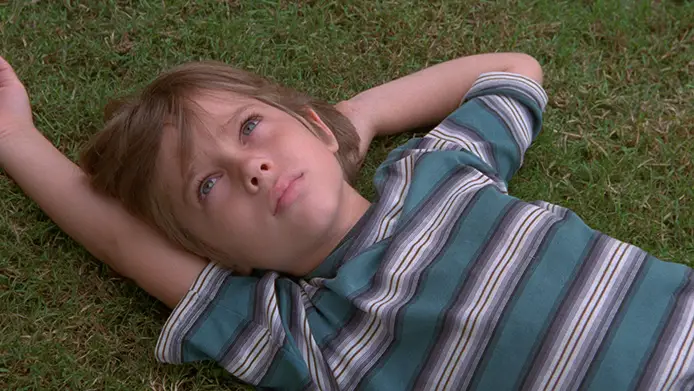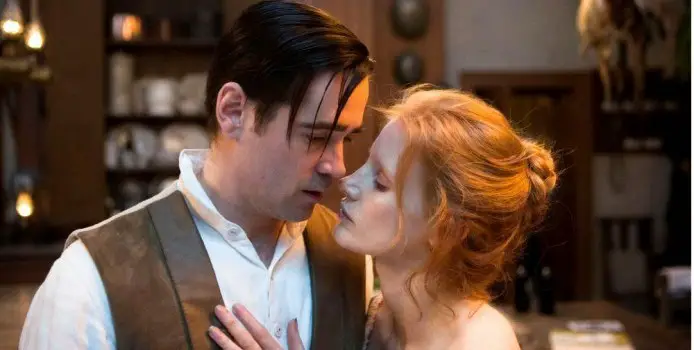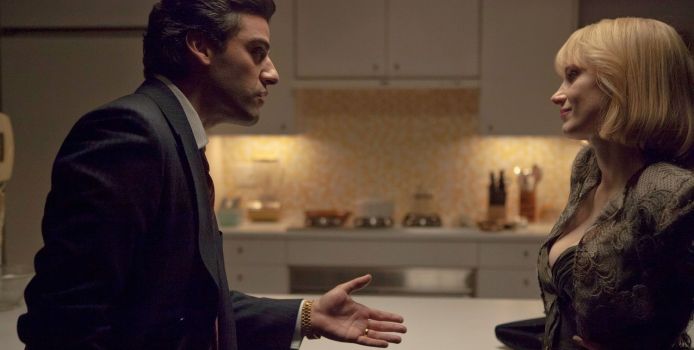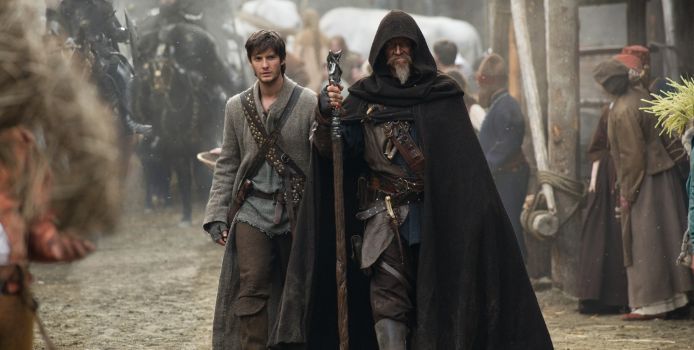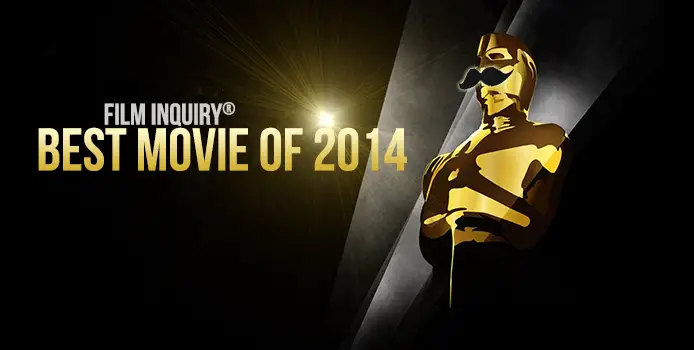2014
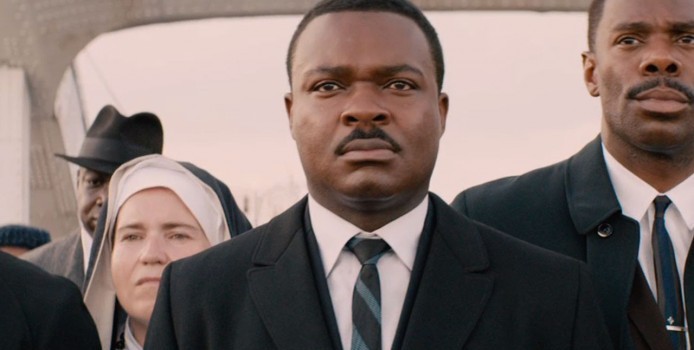
John Legend and Common’s powerful performance of Best Original Song nominee, “Glory,” and brave acceptance speech was one of the highlights of the Oscar ceremony last week. That song was a resonant soul/hip-hop combo that captured the atmosphere of its source film well: Ava DuVernay’s Selma, a historical drama about Martin Luther King and the Voting Rights Act of 1965.
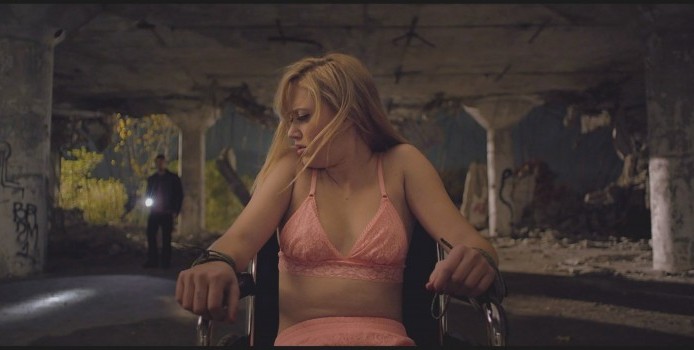
With the blockbuster success of Fifty Shades of Grey in cinemas worldwide, many pundits are claiming that this marks a new era for “sex positive” movies – and much more importantly, the basic idea of a woman being as sexually open as her male counterparts not being a source of cinematic shame, but one of pride. It has only been two decades since what I dub the “unofficial Michael Douglas misogyny trilogy” of Fatal Attraction, Basic Instinct and Disclosure hit cinemas, films that (like Fifty Shades) were successful due to their frankness of sexuality. Yet those movies were inherently misogynist in suggesting that women were mentally unstable, or just plain evil for daring to be as open about their sexuality as men.
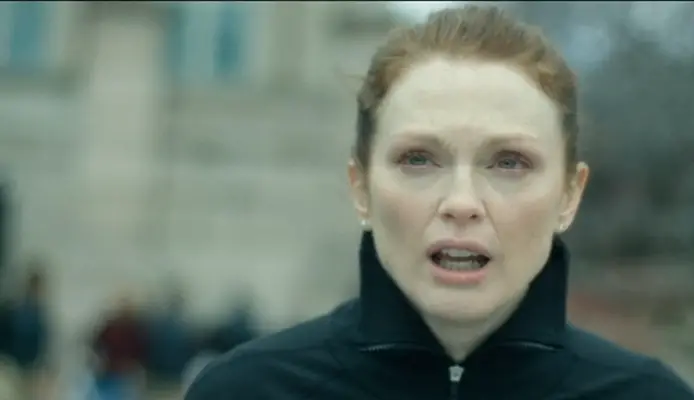
It’s often stated that January and February are the two worst cinematic months of the year, as all of the major new releases are more often than not the terrible movies major studios have just “dumped” there. Yet it could easily be argued that the months leading up to the end of the year (“awards season” or “prestige season”, if you prefer to forget that Hollywood backslapping ceremonies exist) are equally bad. They do usually provide the year’s best movies, yet they also provide the kinds of movies that have been made cynically to get awards.
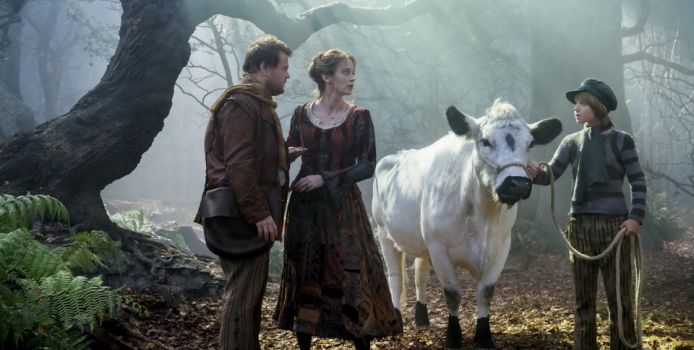
Into The Woods is a big screen adaptation of the Stephen Sondheim musical of the same name, adapted by the writer of the original musical book, James Lapine, and directed by Rob Marshall (of Chicago fame). The film boasts a number of successful actors in musical roles. When I first heard of the film, this was enough to pique my curiosity, but as the release date approached my enthusiasm for it lessened.

First, think of the most overused plot of an espionage action thriller. Throw in a young, rebellious kid who dares to walk in his father’s once-proud footsteps. Finally, mix in a cartoonish super-villian with unbelievable plans to destroy the world and a super-secret spy agency that is at their wit’s end in their attempts to stop him.

Over the course of a film spanning a mere two days, the Dardenne Brothers have demonstrated the fundamental characteristics of life, with all of its virtues and vices unabridged. Money as the root of all evil Two Days, One Night depicts the debacle of a Belgian woman named Sandra, who, after taking sick leave to battle depression, is laid off from her job; a decision voted on by her coworkers, who were forced to choose between her and their year-end bonuses. Through an altercation between the foreman, however, who intimidated a majority of the workers to vote against her, Sandra is given a second chance, which would be a re-vote on the following Monday.
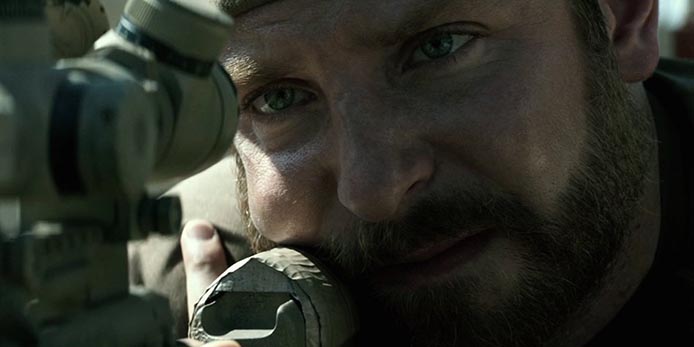
When the Oscar nominations rolled in on Thursday, perhaps the biggest surprise – other than the snubs for Selma – were the six nods including Best Picture and Best Actor for American Sniper, a movie which few expected to be in the running after getting no attention from the Golden Globes or BAFTAs. There was an even bigger surprise a few days later, when it was announced that the film drew in a stunning $89 million in its opening weekend, which is more than most of last year’s summer blockbusters. The Iraq War drama snuck up on the awards race out of nowhere, and shattered January box office records beyond all expectation.
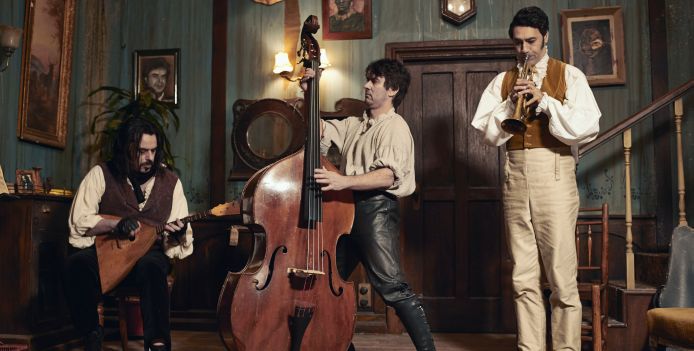
What We Do In The Shadows is a mockumentary that expertly takes the piss out of the currently very glamorous pop culture status of the historic monster, the vampire. It initially features four vampires who live together in a flat in Wellington, New Zealand. All have arrived there for different reasons:



